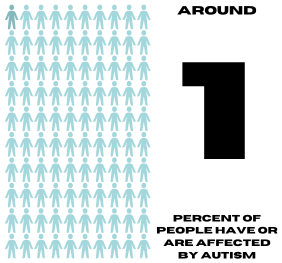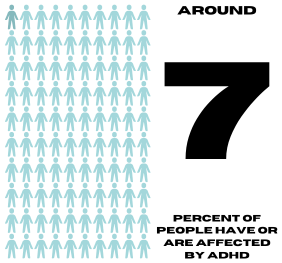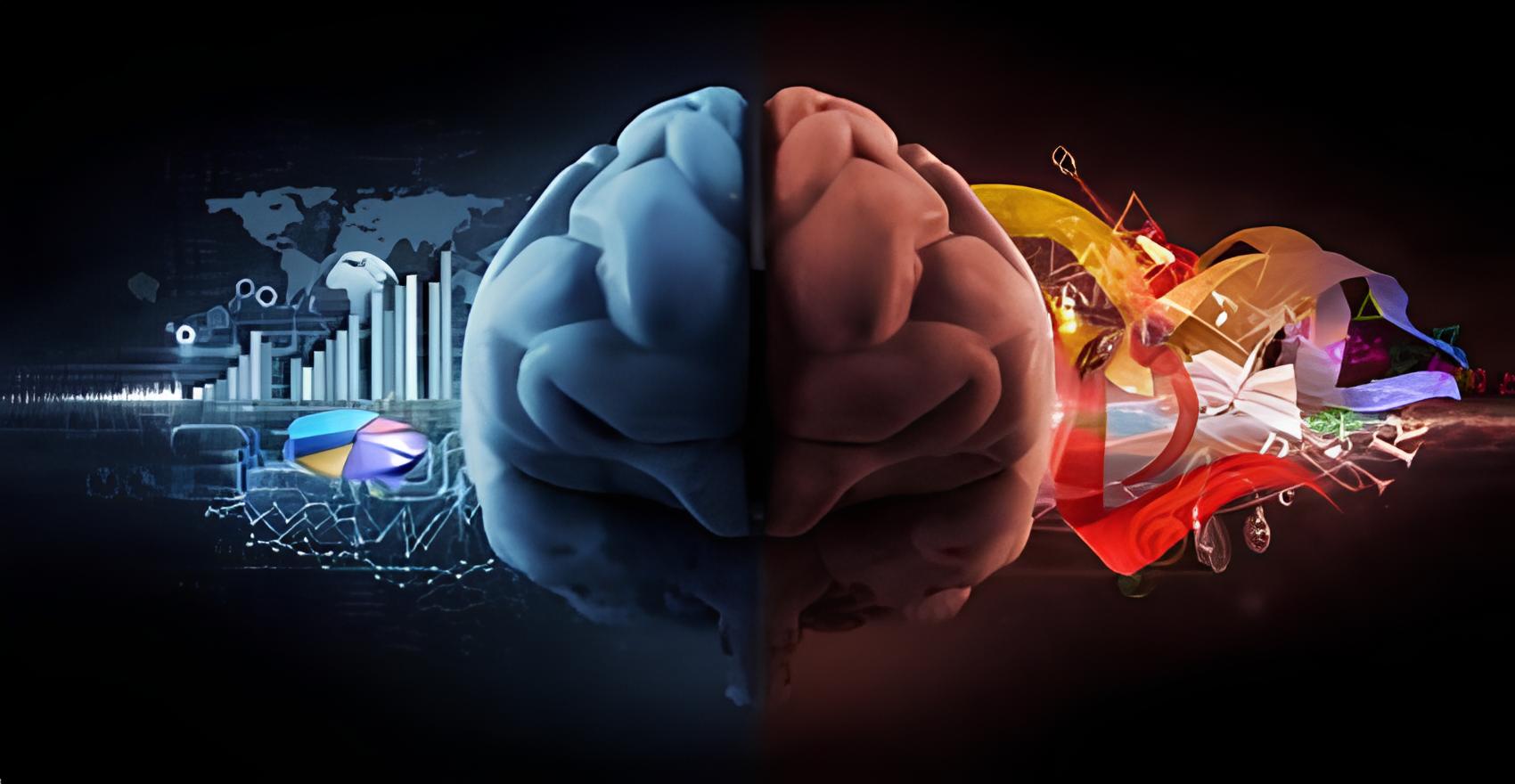Autism or Autism Spectrum disorder (ASD) is a neurodevelopmental condition that affects an individual’s social interaction, communication, and repetitive behaviors. It is estimated that around 1 in 100 people have ASD, with the prevalence being higher in males than females. The condition is a spectrum disorder, meaning that the symptoms and severity can vary widely between individuals. Some individuals with ASD may have difficulty communicating verbally, while others may have difficulty interpreting or understanding nonverbal communication. Additionally, some individuals may have cognitive problems, sensory sensitivities, or other co-occurring conditions such as ADHD or depression. While not everyone with ASD requires major support, some individuals do need it to function, and some can grow independent. The type and extent of support required can vary depending on the individual’s needs and the severity of their symptoms. Some individuals may require ongoing therapy or medication to manage their symptoms, while others may benefit from accommodations such as assistive technology or specialized educational programs.
 Common signs of autism include delayed language development, lack of eye contact, repetitive behaviors or routines, and difficulty with social interaction. In addition, Individuals with autism may experience gastrointestinal issues, sleep disorders, and seizures. These issues can further impact an individual’s daily life and require additional management and support. It is important to note that genes significantly contribute to the development of autism. While the exact causes of ASD are not fully understood, research suggests that genetic and environmental factors may contribute to the condition’s development. Over time, a person might need different things or have different triumphs and difficulties throughout their life, and need different types of support to help them navigate their daily life and achieve their goals.
Common signs of autism include delayed language development, lack of eye contact, repetitive behaviors or routines, and difficulty with social interaction. In addition, Individuals with autism may experience gastrointestinal issues, sleep disorders, and seizures. These issues can further impact an individual’s daily life and require additional management and support. It is important to note that genes significantly contribute to the development of autism. While the exact causes of ASD are not fully understood, research suggests that genetic and environmental factors may contribute to the condition’s development. Over time, a person might need different things or have different triumphs and difficulties throughout their life, and need different types of support to help them navigate their daily life and achieve their goals.
While autism is pretty uncommon, experiencing Autism Spectrum Disorder (ASD) is not abnormal, as it represents a standard way of being for those affected. However, it can influence how tasks are completed due to neurodivergence. ASD may present challenges, such as the complexities of tasks or the potential for simple tasks to take longer, leading some to perceive it as different. Although ASD may cause challenges, it can be helpful too. ASD helps make them versatile with direction, very active, and creative. Autism’s biggest upside may cause differences, however, they aren´t bad. Individuals with ASD are very interactive with others and often disregard shyness. Wredling Middle School is truly welcoming, with many instances where both teachers and students provide support. While individuals with ASD may appear different, they are fundamentally the same as everyone else in terms of capability, however with a unique way of functioning.
ADHD, or Attention-Deficit/Hyperactivity Disorder, is a neurodevelopmental condition that affects millions of people worldwide. It is typically characterized by three main symptoms: inattention, hyperactivity, and impulsivity. People with ADHD may struggle to stay focused on tasks, control their actions, or regulate their energy levels. They may find it challenging to complete tasks or overlook important details, particularly during tedious or uninteresting activities. For instance, they may struggle to stay engaged during long meetings or lectures, lose track of important information, or struggle with time management. Additionally, individuals with ADHD may have trouble following instructions, planning and organizing tasks, and keeping track of their belongings. These difficulties can lead to problems in academic, professional, and social contexts and can make it challenging to achieve personal and professional goals.
ADHD is believed to be caused by genetic factors, although its exact causes are not yet fully understood. A family history of ADHD or other mental health conditions may increase a person’s risk of developing the condition. Brain imaging studies have shown that people with ADHD often have structural differences in certain regions of the brain, such as the prefrontal cortex, which is involved in executive function and self-regulation.
While living with ADHD can be challenging, with appropriate support and accommodations, individuals with the condition can still achieve success in their personal and professional lives. Treatments for ADHD may include medication, therapy, or a combination of both. Many people with ADHD find that behavioral interventions, such as coaching or cognitive-behavioral therapy, can help manage their symptoms. Additionally, accommodations such as extra time on tests, frequent breaks, or modified work schedules can help individuals with ADHD perform better in academic or professional settings. With the right support, individuals with ADHD can learn to manage their symptoms effectively and lead fulfilling lives.

How does ADHD affect a person’s life in real circumstances and events? A teacher with ADHD said that having ADHD is normal and they have had it their entire life. “You get used to it, similar to how one gets used to using feet to walk”. This teacher reported that [they] haven´t faced any challenges… in adulthood. However, as a kid, they struggled for a long time as they were undiagnosed. They believed that ¨[their] brain was not working [correctly]¨ or that they lacked ¨smarts enough to do things that [their] peers were doing¨. However, after this teacher learned that their brain functioned differently, it allowed them to take advantage of it and become successful. Forming connections among students who also identify as “neurodivergent” is definitely a strength of this teacher. Living with ADHD doesn’t fundamentally alter this teacher’s daily routines but can affect their perception of them. They engage in many activities typical of neurotypical individuals. However, it fosters an increased sense of curiosity. From childhood to adulthood, including their role as a teacher, they love learning, perhaps sparked by the craving for more knowledge and the curiosity to learn about the world. WMS stands out for its inclusive environment, where this teacher receives immense respect and support. It’s crucial to acknowledge the impact of ADHD—it doesn’t diminish intelligence but rather shapes thought processes, particularly in abstract thinking.
Both Autism and ADHD are significant conditions that affect a person´s life, but it is essential not to judge them. Many individuals with Autism and ADHD are exceptional people who fully embrace their true self. They deserve respect. Imagine struggling with challenges in everyday functioning because your brain is wired differently. These individuals are just as normal as anyone else, and their differences are simply part of being human. Sadly, society can sometimes be cruel to those who are different. So be someone who is kind and welcomes all people. Always remember these words of a legend, a teacher knowledgeable and beloved, “different is not a synonym for bad¨.









Aarav Tajpuria • Jan 21, 2025 at 8:54 pm
Jax I absolutely love your work and I want you keep doing what you love
Mindy • May 24, 2024 at 11:23 pm
Very well described . Thank you for spreading awareness .
Hannah Peterson • May 20, 2024 at 11:46 am
Great article!! I love how you are making people more aware of neurodiversity!
Noelle Hause • May 19, 2024 at 7:27 am
Nice article Jaxon!! Thank you for helping others understand neurodiversity. Noelle